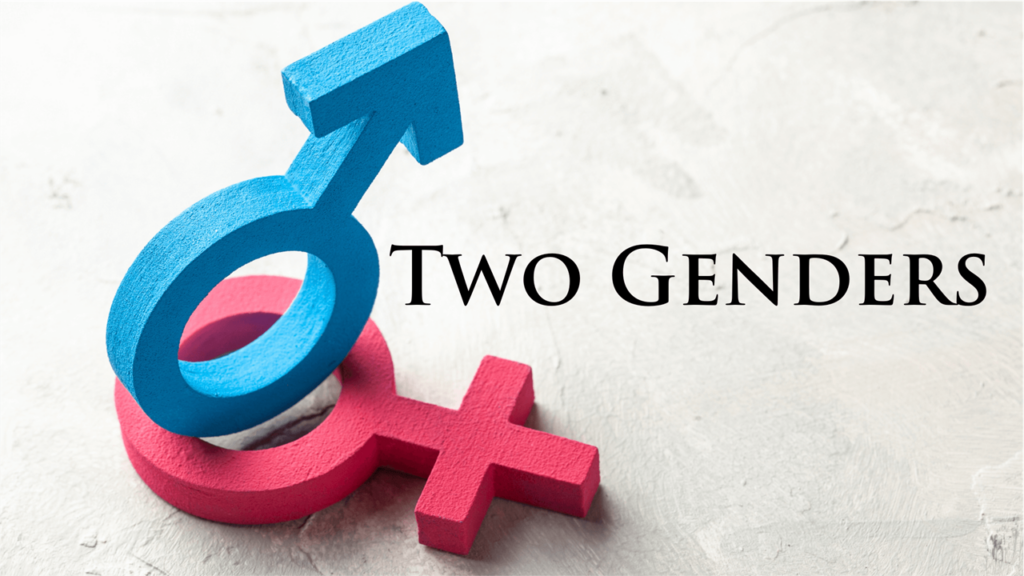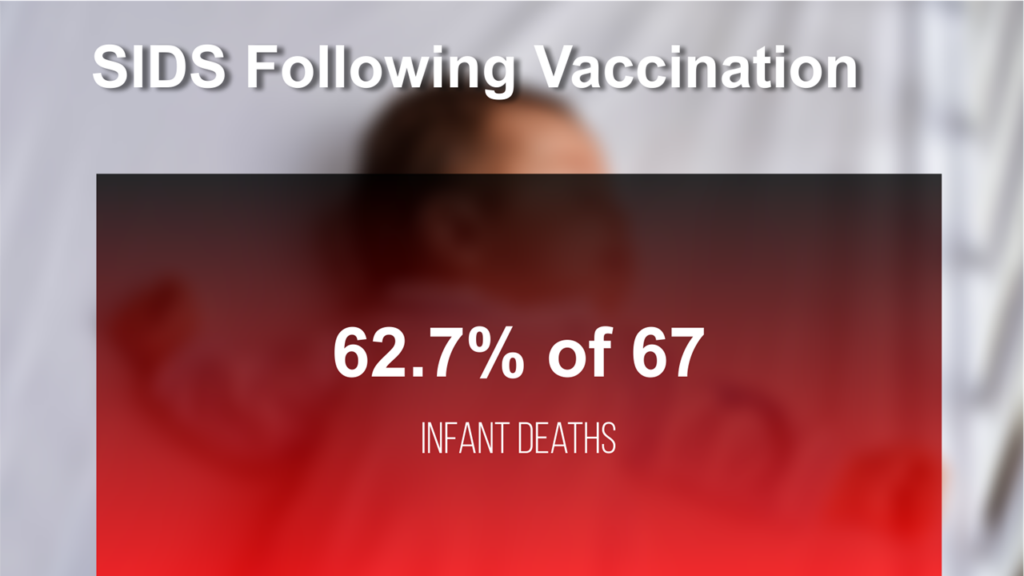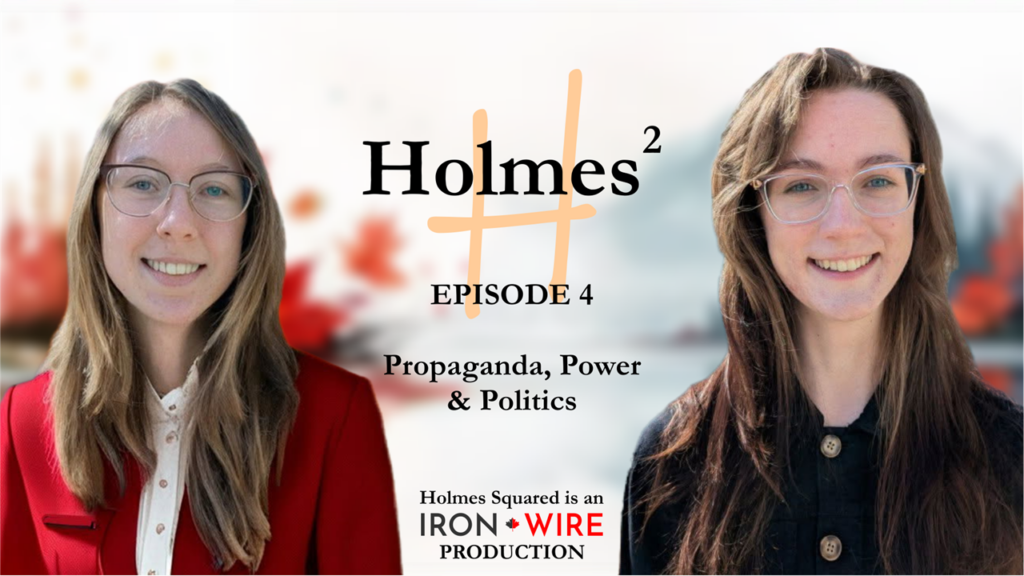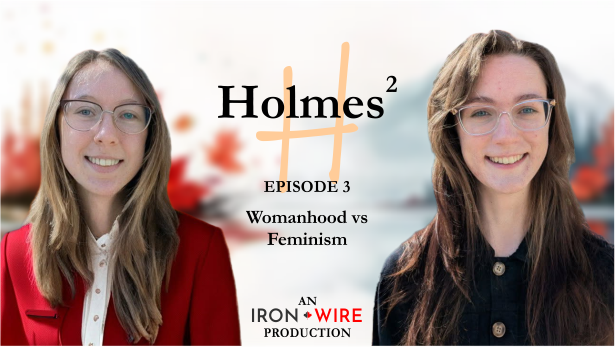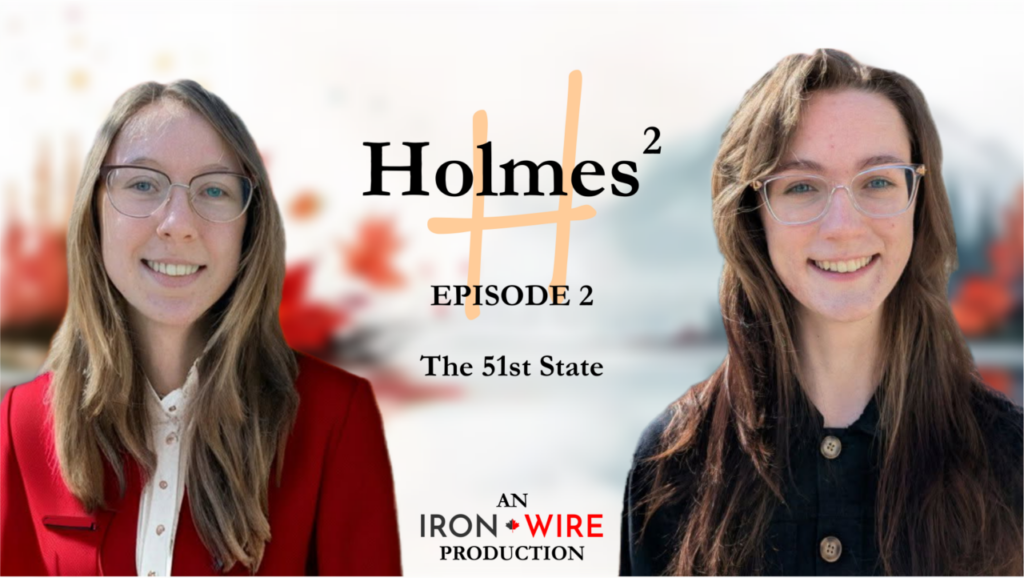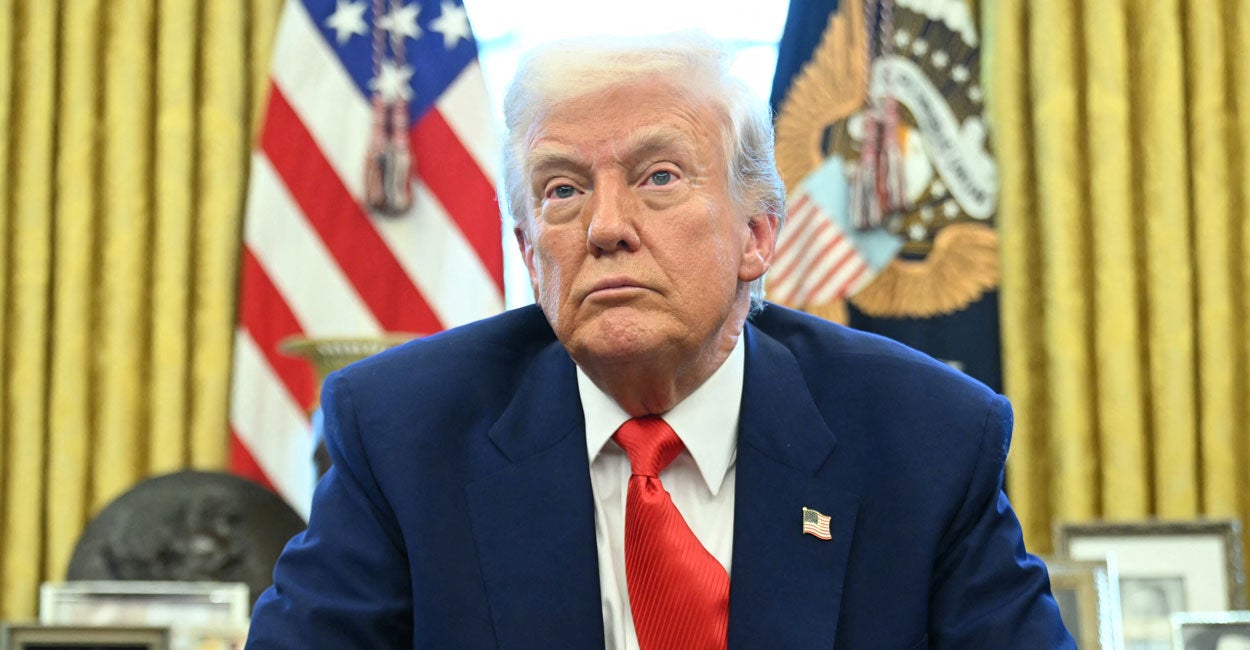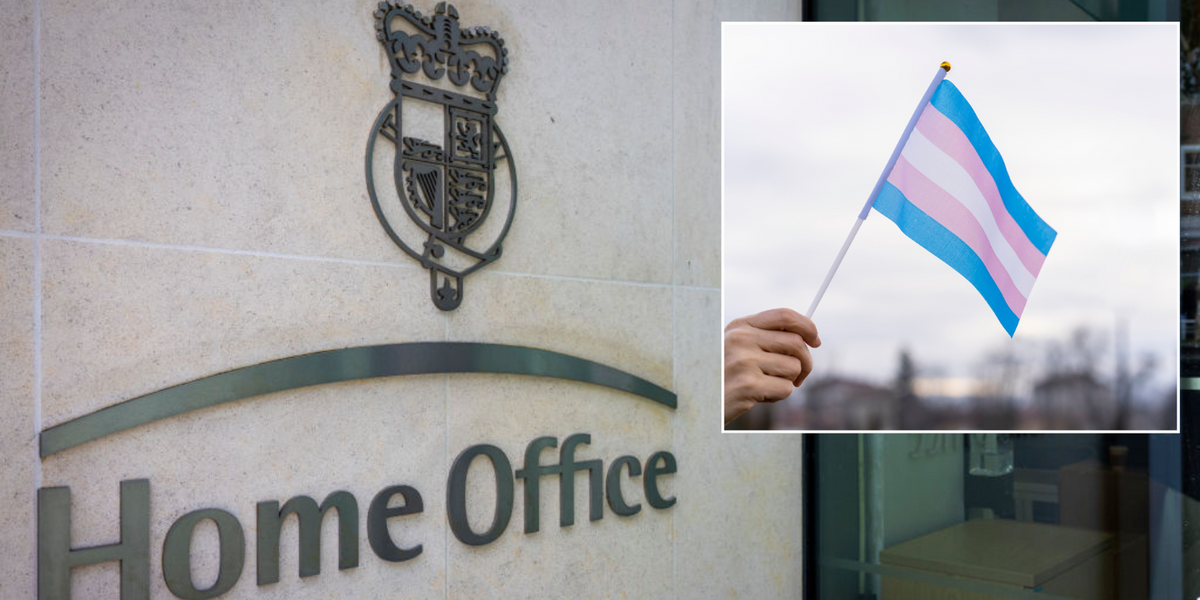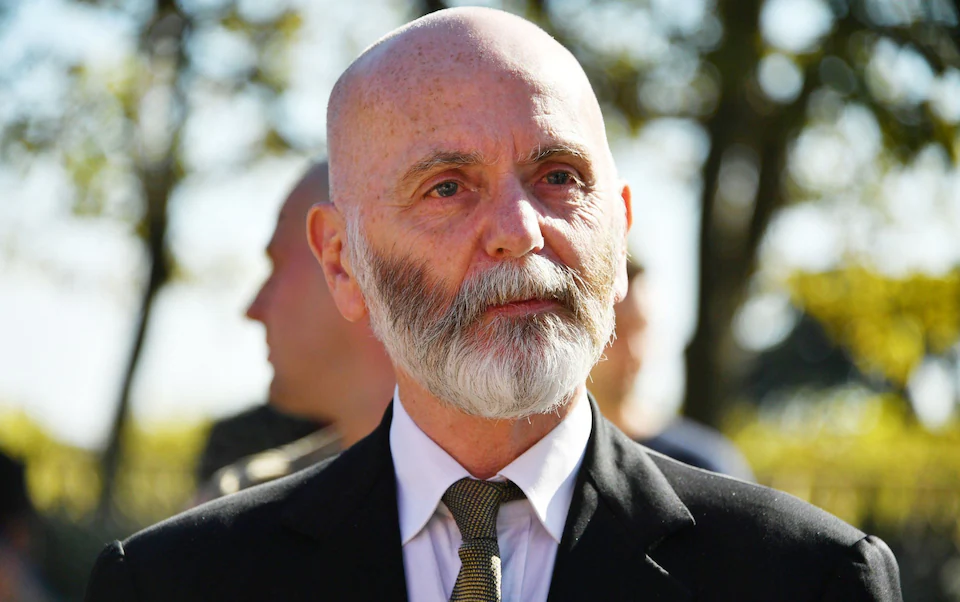Novavax Shares Tumble After U.S. Health Secretary Raises Concerns Over COVID Shot’s Efficacy + More
Source: Children’s Health Defense
Novavax Shares Tumble After U.S. Health Secretary Raises Concerns Over COVID Shot’s Efficacy
Vaccine maker Novavax’s shares plunged nearly 20% at market close on Thursday, after Health and Human Services (HHS) Secretary Robert F. Kennedy Jr. raised concerns about the company’s COVID-19 vaccine in an interview with CBS News. The U.S. Food and Drug Administration, an agency that is part of the HHS, missed its deadline last week for deciding on the traditional approval of the vaccine. The vaccine has been sold under an emergency use authorization since 2022.
When asked if the delay resulted from “personnel being shuffled” at the FDA, Kennedy attributed it to the vaccine’s composition. He said Novavax’s single antigen approach “has never worked” for respiratory illnesses. “Any delays to the FDA’s independent review process for the Novavax (application) are a result of scientific review to ensure safety and efficacy,” an HHS official familiar with the situation told Reuters.
The Maryland-based company’s protein-based COVID-19 vaccine offers an alternative to mRNA-based vaccines from competitors Pfizer and Moderna. “If they don’t approve Novavax, they put every COVID vaccine at risk,” Jefferies analyst Roger Song said, adding that the Novavax vaccine works “as good as, if not better than other COVID vaccines”. Shares of Moderna fell 8% and Pfizer dropped 4% at market close on Thursday.
CDC Urges Extra Measles Shot for Some U.S. Travelers Amid Outbreak
U.S. News & World Report reported:
The U.S. Centers for Disease Control and Prevention (CDC) now recommends extra measles protection for people traveling to areas with active outbreaks in the U.S., CBS News reported. So far, only Texas and Kansas have updated their measles vaccine guidance, CBS said. People traveling to any affected counties in those states should check if they need another dose.
“People going to or living in areas in the United States with ongoing community-wide measles transmission,” should have their vaccination status reviewed, the CDC said.
This may mean getting a second dose if they’ve only had one or getting vaccinated if they haven’t had any shots.
The CDC has long urged vaccination for international travelers, but the recommendation for domestic travelers is a response to the ongoing outbreaks across the U.S. Among the states with outbreaks are New Jersey, Georgia, Ohio, Indiana and Colorado.
‘Groundbreaking’ FDA Shift Away From Animal Testing Sends Lab Shares Into Freefall
The U.S. Food and Drug Administration (FDA) announced a major policy shift late Thursday, signaling the replacement of traditional animal testing — particularly in monoclonal antibody development — with advanced computer modeling and artificial intelligence. The news sent shares of lab companies tumbling on the update, while shares in companies working on biotech AI models jumped.
“Today, the FDA is taking a groundbreaking step to advance public health by replacing animal testing in the development of monoclonal antibody therapies and other drugs with more effective, human-relevant methods,” the FDA wrote on X, twenty minutes before U.S. cash markets closed on Thursday.
Here’s a summary of the FDA’s major shift in drug testing policy:
-
- AI-based computer modeling to simulate drug behavior and toxicity.
- Lab-grown human organoids and organ-on-a-chip systems to detect toxic effects more accurately than animal tests.
- Use of real-world safety data from countries with comparable regulatory standards.
- Regulatory incentives to encourage adoption of these alternatives, including potential streamlined reviews.
- Immediate application to new drug applications (INDs), with a roadmap released and a public workshop planned.
New AI Chatbot for Parents Improves HPV Vaccine Uptake
The first trial of an AI-powered chatbot designed to inform parents about the HPV vaccine has shown that it increases vaccine uptake and engagement with health professionals. Cervical cancer, caused by human papillomavirus (HPV), is one of the most preventable cancers, yet it still claims more than 340,000 lives annually. China accounts for 22.8% of global cases, with vaccine coverage remaining low.
The 24/7 chatbot was designed to deliver trusted, personalized vaccine information to parents in a user-friendly way, through simulating human conversations and responding to parents’ frequently asked questions about HPV, the safety of the vaccine, eligibility, side effects, costs and where they could access services.
The school-based randomized controlled trial followed a total of 2,671 parents of girls aged 12 to 15 for two weeks, after being randomly assigned to receive either usual care (standard health promotion of the HPV vaccine) or the chatbot intervention. The parents of children across 180 classes were enrolled, spanning megacity, urban and rural settings in Shanghai and Anhui Province, China.
Next-Generation Covid-19 Vaccines Currently Being Tested
Clinical Trials Arena reported:
As the COVID-19 pandemic ended almost two years ago, companies continue to research vaccines with new ideas and concepts. This is because COVID-19 cases continue, and as the actual virus evolves, treatment and prevention must also do the same. Three companies recently announced progression in their clinical research for next-generation COVID-19 vaccines: INOVIO, Ocugen, and Pfizer.
INOVIO Pharmaceuticals, a biotechnology company that focuses on developing DNA immunotherapies and vaccines for the treatment and prevention of various cancers and infectious diseases, announced on March 13 that the company received promising results from its ongoing Phase I trial evaluating DMAbs. Results showed that 100% of subjects (24 out of 24) maintained relevant levels of DMAbs, with no subjects developing anti-drug antibodies and no serious adverse events.
The most common side effects seen were injection-site reaction, as well as pain and erythema. The Phase I trial uses synthetic DNA technology to enable in vivo production of monoclonal antibodies directly from muscle cells.
ACIP Expands Pneumococcal Conjugate Vaccine Recommendations
Infectious Disease Advisor reported:
The Centers for Disease Control and Prevention (CDC)’s Advisory Committee on Immunization Practices (ACIP) has expanded age-based recommendations for pneumococcal conjugate vaccines (PCVs), with a single dose now indicated for vaccine-naive adults aged 50 years and older. The updated recommendations were published in Morbidity and Mortality Weekly Report.
The ACIP of the CDC previously recommended a single dose of PCV for all adults aged 65 years and older and for those aged between 19 and 64 years at increased risk for disease who have no history or an unknown history of vaccination. In a June 2024 meeting, they suggested PCV21 as an option for vaccine-naive adults and proposed a review of available evidence to determine whether data supported an expansion of age-based PCV recommendations.
The ACIP Pneumococcal Vaccines Work Group then met to consider PCV use among PCV-naive adults aged between 50 and 64 years after reviewing immunogenicity and safety data, racial disparities in pneumococcal disease incidence and vaccination coverage, PCV20 post-licensure data, and economic analyses.

